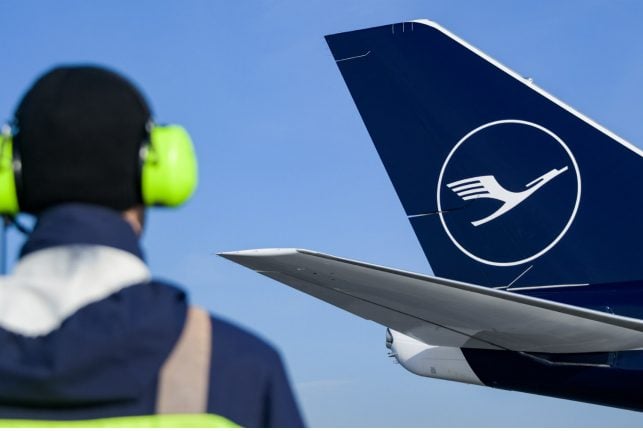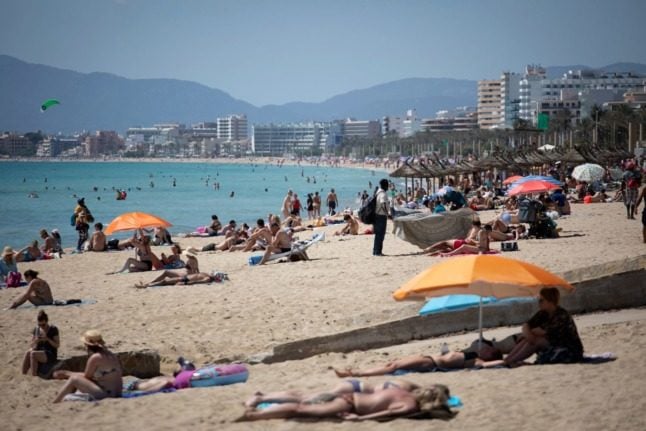The group said it booked a net profit of €734 million between April and June, a drop of 0.8 percent year-on-year as it absorbs the costs of swallowing chunks of former rival Air Berlin.
But the result was better than analysts had predicted, sending Lufthansa shares surging 6.7 percent to €23.67 by 0950 GMT in Frankfurt, against a Dax index that was narrowly in the red.
Lufthansa said higher than expected “one-off” costs related to integrating parts of Air Berlin into low-cost carrier Eurowings had “depressed” earnings, and would continue to weigh on the bottom line in the third quarter.
High fuel costs as well as disruptions caused by unusually stormy weather also had “a negative impact” but were largely offset by a jump in passenger numbers and a cost-cutting drive, Lufthansa said.
In its statement, the group said adjusted pre-tax profits in the second quarter dipped 3.4 percent to 982 million, while revenues inched up 0.4 percent to €9.3 billion.
“Without the integration costs at Eurowings, which we willingly accepted to further strengthen our market position in Europe, the group's result would have grown,” said chief financial officer Ulrik Svensson.
The Lufthansa group – which includes Swiss, Brussels and Austrian Airlines – transported a record 67 million passengers in the first half of 2018.
North Atlantic and European routes in particular saw “strong customer demand”, a trend that looks set to continue.
“Bookings for the third quarter reflect good customer demand in key geographies such as Germany and the North Atlantic,” Svensson told reporters in a conference call.
The acquisition of many of Air Berlin's aircraft and staff following its insolvency last year will see no-frills Eurowings grow its fleet to around 210 aircraft by 2019, stepping up competition with budget rivals like EasyJet and Ryanair.
Lufthansa has estimated the full cost of Air Berlin's integration at €170 million, the final 50 million of which it will shell out in the third quarter.
Lufthansa is also eyeing a chunk of struggling Alitalia's fleet, as a wave of consolidation in the aviation industry shows no signs of abating.
Looking ahead, the German group left its forecasts unchanged, targeting adjusted pre-tax profit “slightly below” 2017's level of €3.0 billion.



 Please whitelist us to continue reading.
Please whitelist us to continue reading.
Member comments